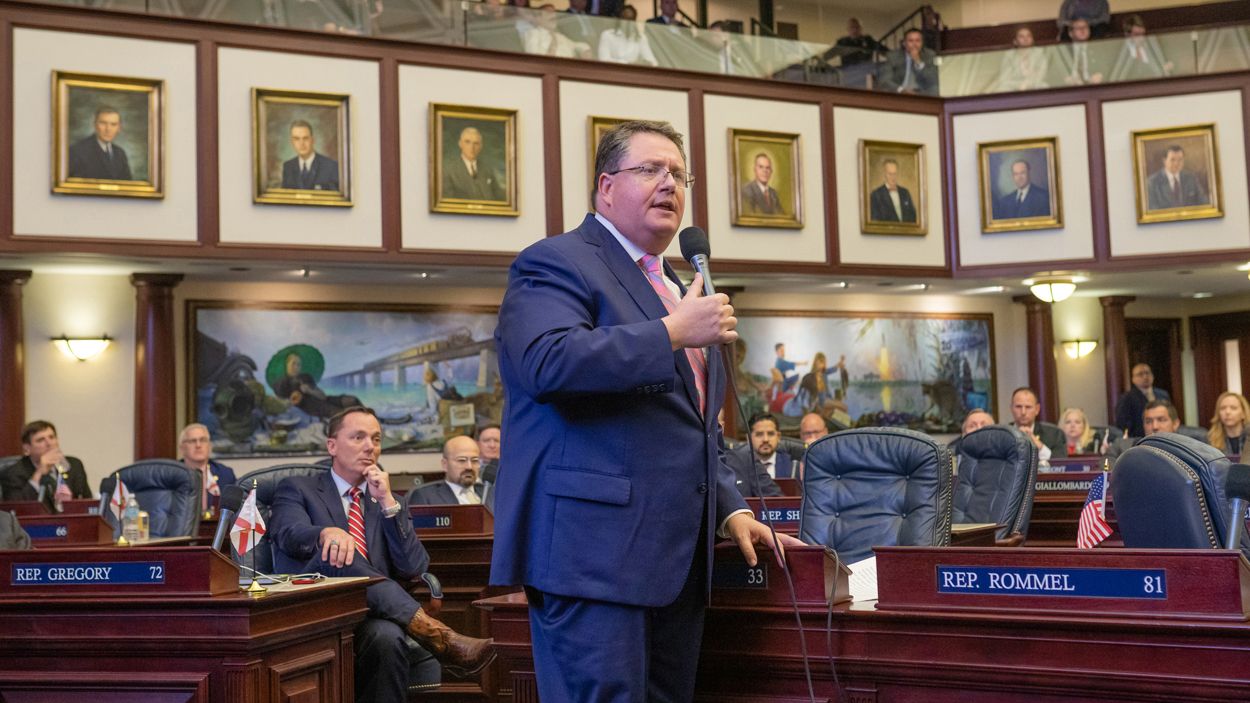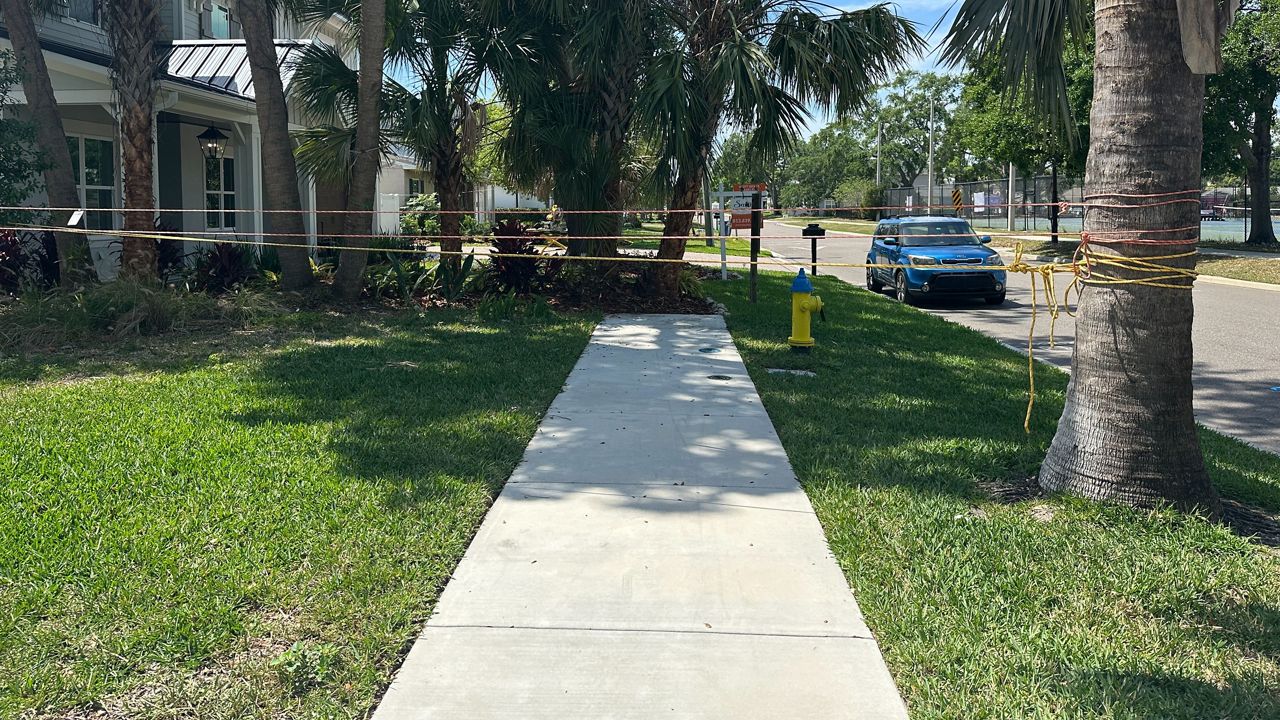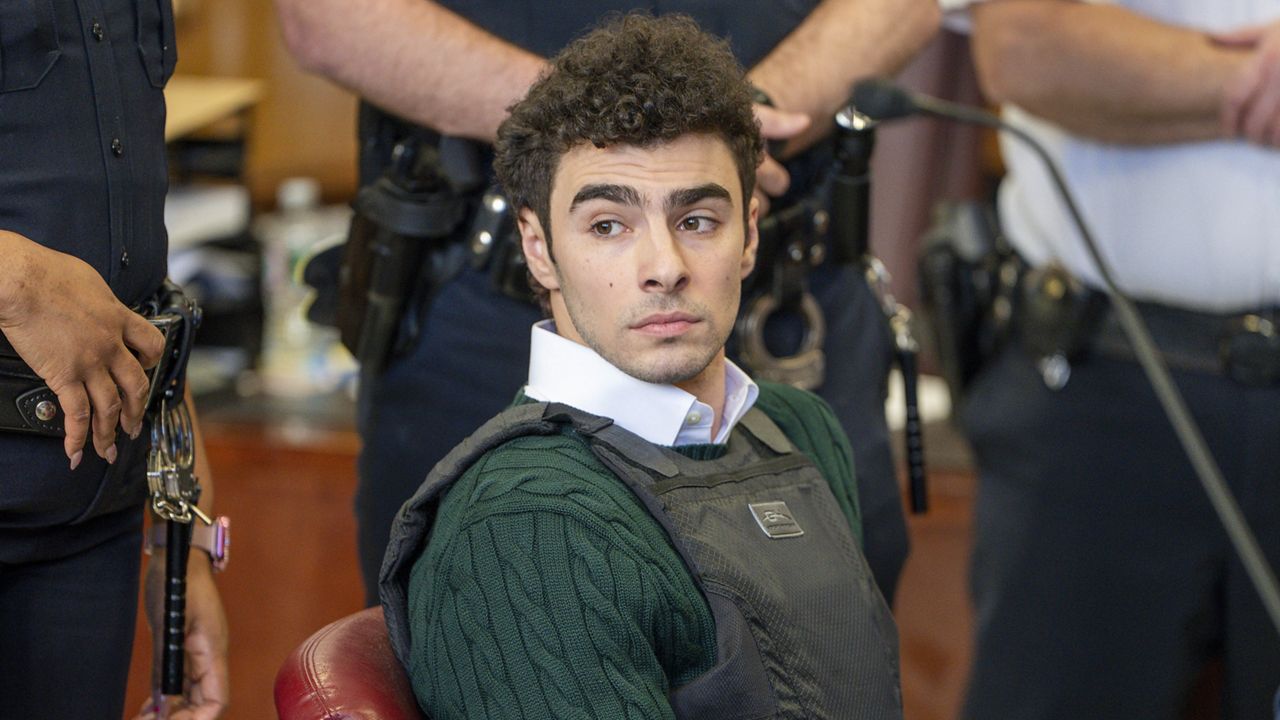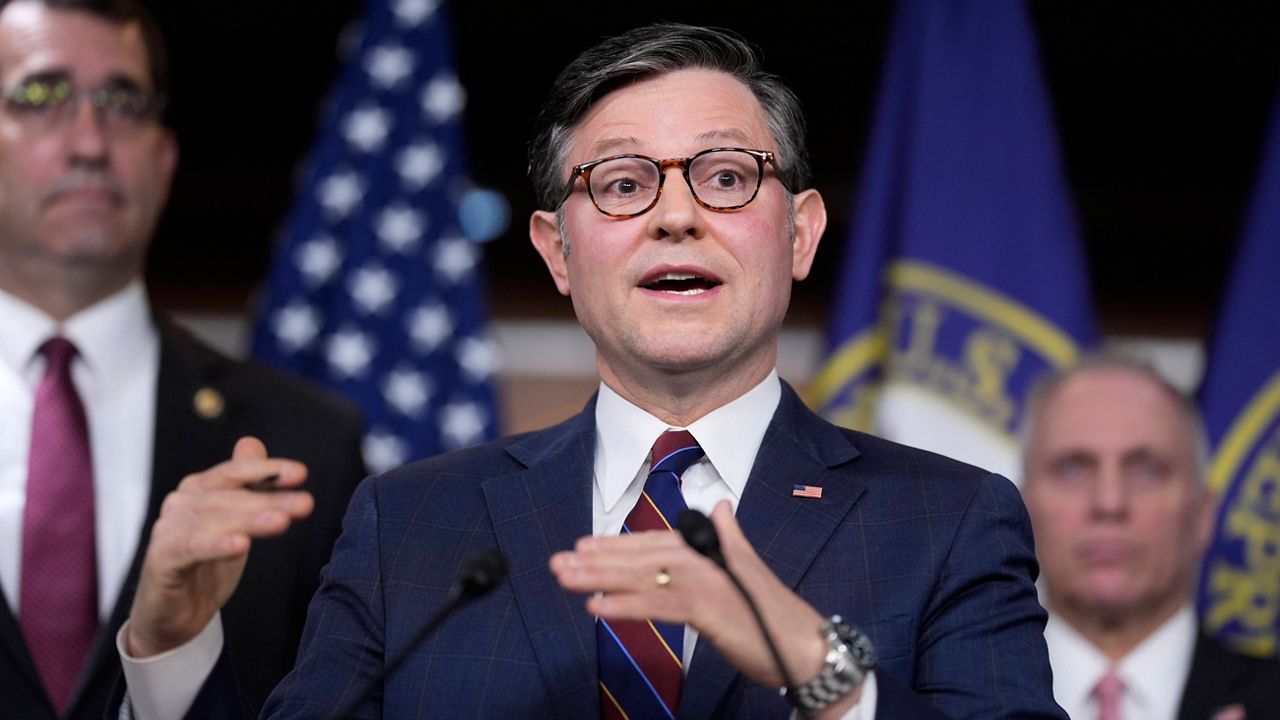HILLSBOROUGH COUNTY, Fla. — If a Florida Senate bill is passed, more resources will be dedicated to uncovering any and all erased cemeteries in the state, like the ones discovered in the Tampa Bay Area.
What You Need To Know
- A Florida Senate bill aims to allocate more resources to uncovering any and all erased cemeteries in the state, like the ones discovered in the Tampa Bay Area
- A memorial is planned for Zion Cemetery
- Activists, researchers, lawmakers and state officials are working to provide a database for those buried in lost graves in the community
Earlier this month, Tampa Mayor Jane Castor apologized for the actions of past administrations for the city’s role in erasing the black cemeteries. That apology meant a lot to Reva Iman, president of the Robles Park Village Resident Council Association.
“The current administration now in Tampa Housing Authority, the current city mayor, city council leaders, state representatives were not there back in 1952. But for them to come together now and to try to correct someone’s wrong that wasn’t their wrong, it means a lot to me,” Iman said.
But she said that doesn’t take away from the hurt knowing the African American cemetery was erased in the first place. Iman still remembers the moment that the investigation confirmed the graves were buried underneath several Robles Park Apartments and nearby properties.
“It was disgusting,” she said. “It was heartbreaking. It was...how can they do this? It was...who did it? It was...we need some answers. It was complete disregard for our black and brown families.”
“Seeing when they were digging down and seeing the outline of the bodies, even the babies' bodies. The babies' bodies, how they roped the bodies off to show where they were,” Iman said. “I mean you had to really see it to believe it. Seeing it to believe it was still unbelievable. How could someone do this?”
Iman is the go-to person for a lot of the residents who live in Robles Park Apartments, and while those elected officials work behind the scenes to make sure something like this doesn’t happen again, Iman and other volunteers are doing their part.
Iman is also part of one of the boards deciding what’s next for the location. She said what she’s learned so far is how deep discrimination was during that time how it still exists.
“Discrimination is still in play, and this to me was a form of discrimination — a disregard to people’s families just burying them and building over them,” Iman said.
A memorial is planned for Zion Cemetery. Right now, a fence with the names of each person believed to be buried there is erected. The apartment buildings, concrete walkways and grass are still on top of the cemetery.
“We need something, my ancestors need something that’s gonna bring a remembrance to them that was taken advantage of,” said Iman.
She’s determined to help those laid to rest in there, as well as those who currently rest their heads there and call Robles Park Apartments home.
Last week, the Black Cemetery Network hosted their first community event at Robles Park. The group of researchers from USF are also working hand and hand with the state agencies and lawmakers on the lost cemeteries. In Tampa Bay, they’re focusing on Zion, Oaklawn, Evergreen and Moffitt Cemeteries. They’re hoping to get the word out about the lost cemeteries and provide a database for those buried in those graves.









